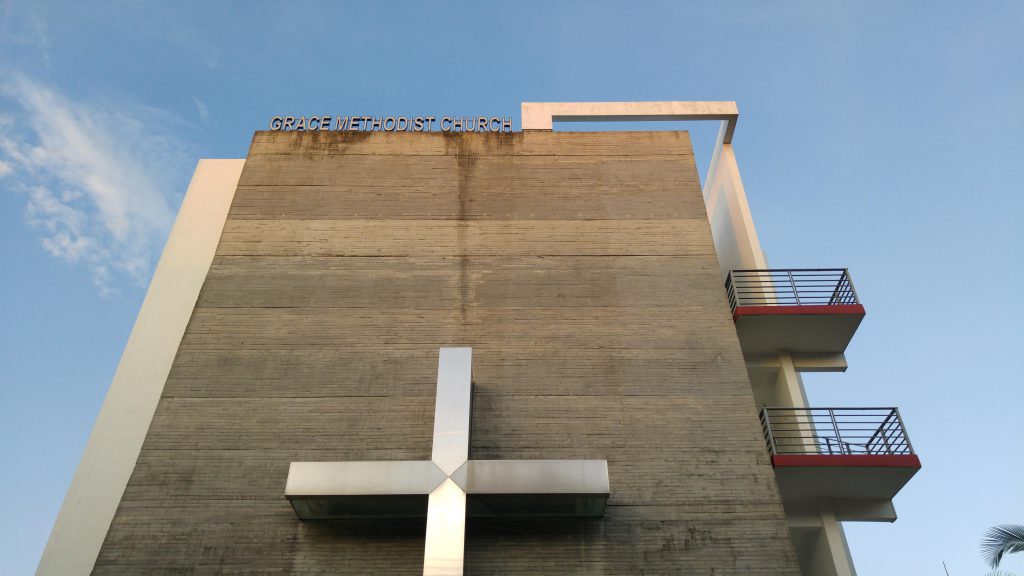Christian identities in Singapore: religion, race and culture between state controls and transnational flows
December 24, 2019

While Christmas may have become a global event for gatherings and gift-giving, it continues to be an important holy day in Christianity. In Singapore, Christianity is not exempt from having to conform to state control, with policies regulating religious spaces and practices. Professor Robbie Goh (NUS English Language and Literature) outlines in his article, ‘Christian identities in Singapore: religion, race and culture between state controls and transnational flows’ (Journal of Cultural Geography, 2009), how Christianity in Singapore has developed in response to a multicultural society that prizes Asian values.
Prof Goh explains that race and religion are often intertwined in Singapore, where associations of Islam with the Malays, and Buddhism, Taoism, and traditional Chinese practices with the Chinese are easily made. Christianity, on the other hand, is associated with external, Western influences and having to grow its own community alongside other religious groups in Singapore. In the article Prof Goh points out one aspect of the government’s efforts to moderate such a diverse society, namely its policies governing the use of religious space. The construction of religious buildings is precisely allocated based on mathematical ratios to segregate and balance the major religions in Singapore. Prof Goh draws attention to the under-supply of available sites for the various Christian denominations in Singapore. Christianity occupies a unique position here, with the paper outlining the complexity of state and community involvement in the management of worship practices in a multi-racial and multi-religious environment.
Read the article here.
